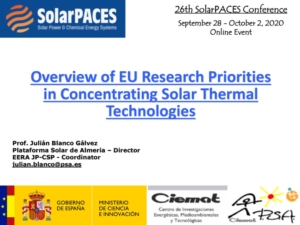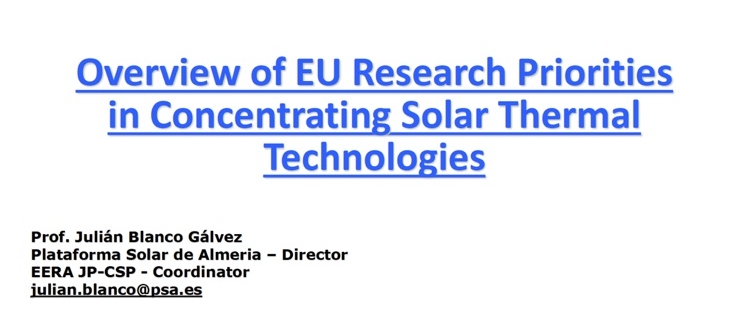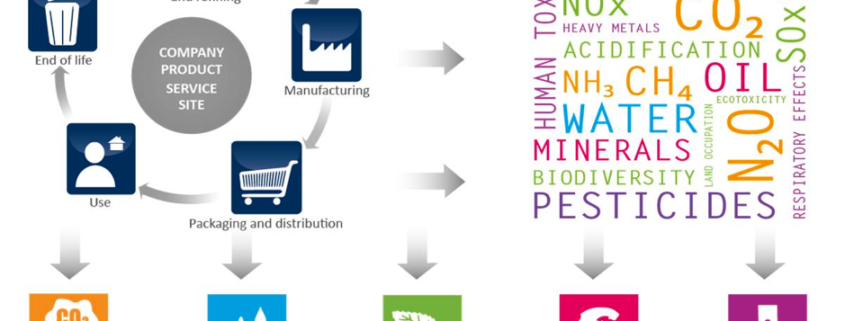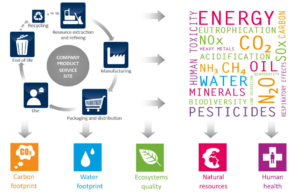SolarPACES 2020: SCARABEUS listed as one of the flagship R&D projects in Europe by Prof. Julián Blanco, Managing Director of the Solar Platform in Almería (PSA-CIEMAT)

This year, most conferences have made the decision to go virtual in order to circumvent the limitations on mobility brought about by COVID-19. SolarPACES has been no different in this regard but the
Wednesday’s plenary session, chaired by Ana María Ruiz Frías (Solar Committee Chile), focused on CSP Technology Innovation. All continents were represented by high-level speakers -Australia, Asia, America and China- who introduced their vision about research priorities in Concentrating Solar Power and the tools and funding schemes to enable their accomplishment.
In this session, Europe was represented by Prof. Julián Blanco, Director of Plataforma Solar de Almería (CIEMAT), largest research, development and test centre in Europe for Concentrating Solar technologies. Prof. Blanco’s presentation provided an excellent summary of the current research priorities identified by the European Commission, along with a very informative review of the ongoing research activities and flagship projects in Europe. With the aim to make the presentation comprehensive, the contents were broken down into twelve R&I areas approved by the Steering Group of the Solar Energy Technology (SET) Plan in 2017.
The SCARABEUS consortium is grateful to Prof. Julián Blanco for making the presentation available for download (link).





